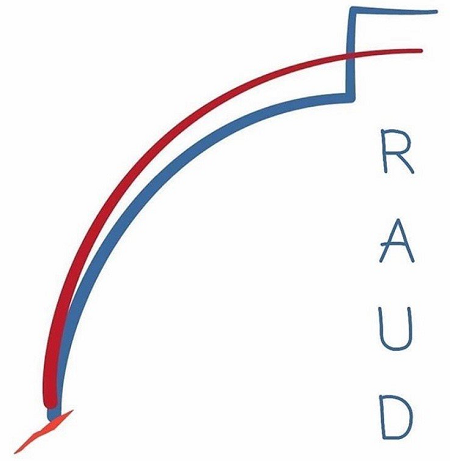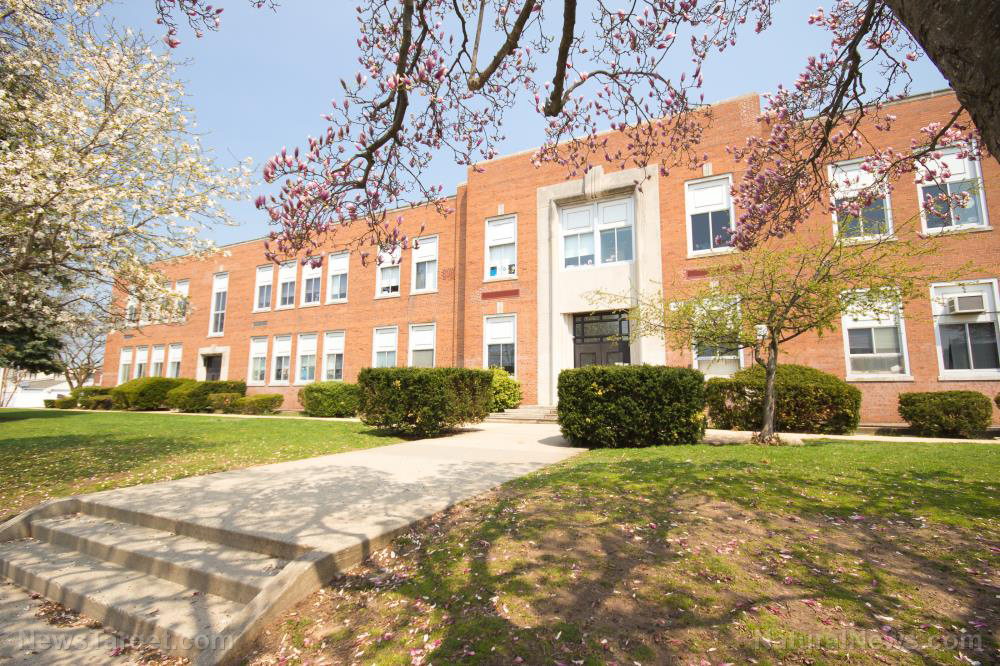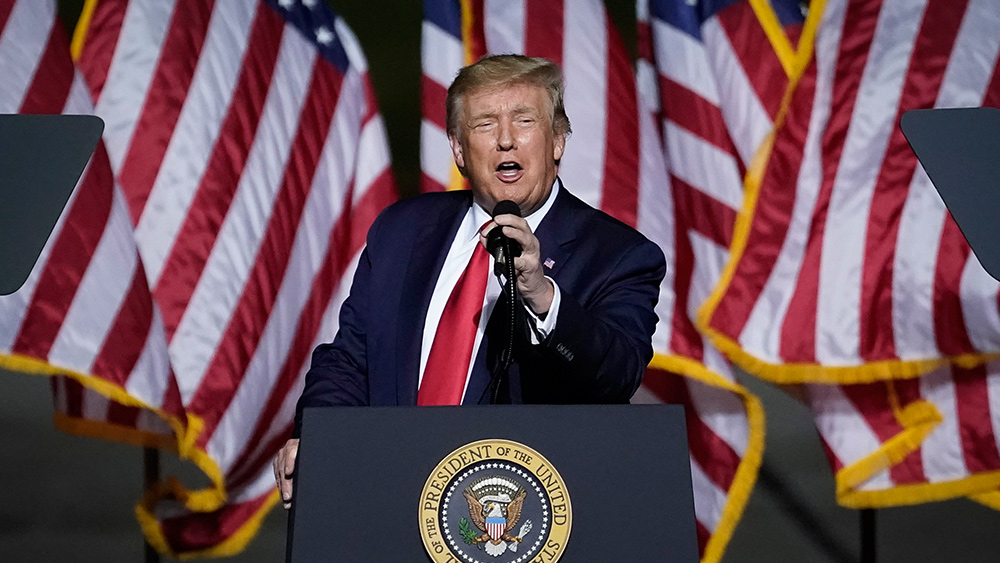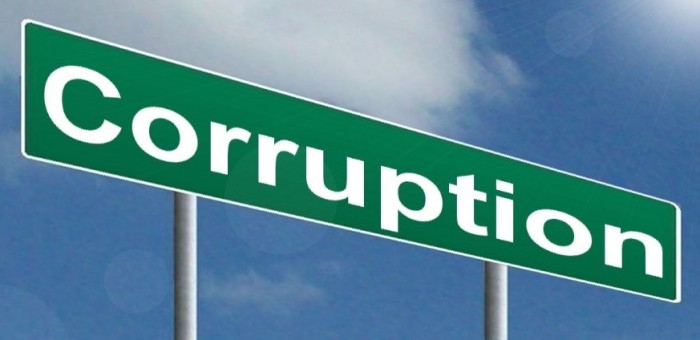When did American elections become Venezuelan elections?
11/24/2020 / By Ethan Huff

The trope “first world problems” is often used to put into perspective difficulties that, relatively speaking, pale in comparison to third world problems. In 2020, however, first world problems have actually become third world problems, particularly with regard to the integrity of our election process.
While most Americans probably still believe that our nation is a cut above the rest when it comes to doing things better and more honestly than, say, Venezuela, the truth is that our most recent election was run exactly the same way as a typical Venezuelan election – using all the same software and equipment, to boot.
It might be a hard pill for some to swallow, but America is no longer a legitimate constitutional republic. It is now a banana republic no different than Venezuela where elections are rigged in favor of socialist candidates like Joe Biden and Kamala Harris.
Just like in Venezuela, dark entities here in the U.S. keep a tight grip on the election process, and increasingly so the more that voting becomes digitized. The Smartmatic software loaded into Dominion Voting Systems, which are used in both countries, allows bad actors like George Soros to rig the count, resulting in a predetermined election outcome.
This is what President Trump and his team are trying to fight, even as the opposition insists, just like it routinely does in Venezuela, that there is “no evidence” of malfeasance or fraud.
“The terrible Venezuelan experience keeps millions of people subject to an oppressive regime that makes them live on the edge of misery with human rights violations of all kinds,” writes Elda Primera for The Gateway Pundit, drawing eerie parallels between Venezuela and the U.S.
“The free and fair elections in Venezuela are predetermined, and the fair and free vote is little more than another false promise from a Socialist syndicate.”
America’s 2020 election is no different from Venezuela’s past corrupt elections
The implications of allowing Biden to “win” without scrutiny is that America is quickly sliding down the same path that Venezuela did back in the late 1990s when the late Hugo Chávez “won” a disputed presidential election with 56.2 percent of the vote.
Chávez was reelected in 2000 with 58.2 percent of the vote, and subsequently survived a recall referendum in 2004 with 59.25 percent of the vote. Two years later, he was re-elected again with an alleged 62.8 percent of the vote, and later won a fourth term in 2012 with 55.1 percent of the vote.
Before being sworn into office on Jan. 10, 2013, Chávez died of cancer, putting his vice president, Nicolas Maduro, into office temporarily while a special presidential election was held. Maduro “suspiciously won” in a narrow 1.5 percent victory, defeating a center-right candidate by the name of Henrique Capriles Radonski who, because he questioned the outcome, was banished from any political office for 15 years as punishment.
Oddly enough, this is similar to what is now transpiring here in the U.S. as Trump, for the “crime” of questioning Biden’s suspicious “win,” is facing a barrage of criticism from leftists who say he should be removed from office and imprisoned for refusing to accept “defeat.”
“In the Venezuelan experience, once a president wins an election under suspicious circumstances, it seems the politico stays in power for life, and the party stays in power forever,” Primera adds.
“In elections that lack integrity, public sentiment does not reflect the outcome, and it seems as though the winning party continues to always win elections by increasing margins, providing even greater mandates for more power, regardless of the public sentiment.”
More related news about the contested election can be found at Trump.news.
Sources for this article include:
Submit a correction >>
Tagged Under:
America, Collapse, corruption, election, fraud, poverty, Venezuela
This article may contain statements that reflect the opinion of the author
RECENT NEWS & ARTICLES
COPYRIGHT © 2017 CORRUPTION NEWS




















